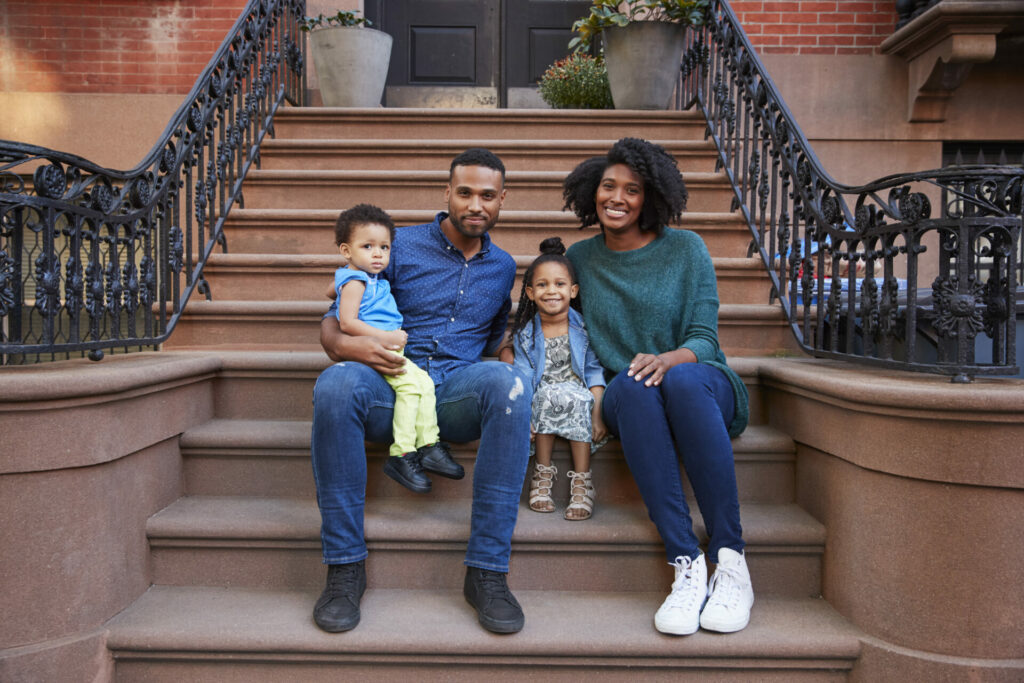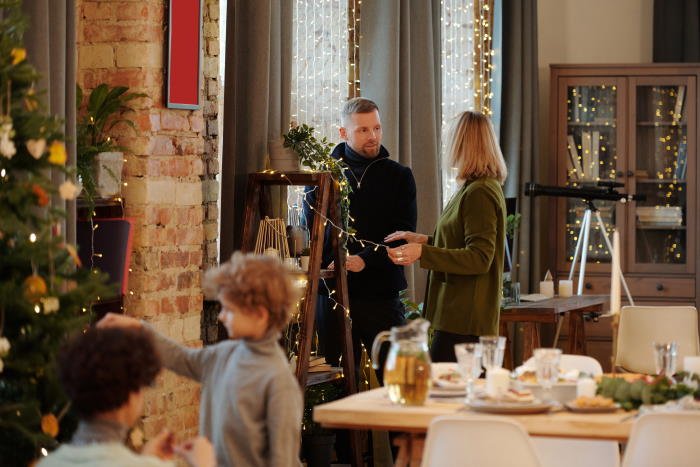
Does your husband, wife, or partner accuse you of being “needy” in your marriage or love relationship? Do you sometimes feel overwhelmed by anxiety or anger when your partner or spouse doesn’t respond to you the way you’d like, or isn’t available? Are you sometimes confused by wanting to be closer with your partner or spouse, and then end up shutting him or her out by attacking him or her, or intensely withdrawing from him or her? In your past romantic relationships, when you found someone who was actually available for closeness and connection, did you get bored by him or her, and eventually end the relationship? If you relate to some of these experiences, you most likely experience what we call an anxious-preoccupied style of connecting and relating in your marriage or love relationship.
A style of connecting and relating is not a personality trait, but a learned response to your environment, usually from a very young age, that continues or is amplified in your adult marriage or love relationship. For instance, you may seek closeness with your spouse or partner, but avoid getting too close to him or her at the same time out of fear of being hurt again. Most likely, you have a history of experiences with failed relationships with a lot of hurt and anger that you experience when your partner feels detached, ambivalent, or dismissive of you. If you actually meet someone who you find is available for closeness and connection, you’re likely to find that person boring, and end the relationship.
When anxiety and instability are at the core of your intimate relationships, you most likely reach out to connect with your spouse or partner when you are reunited at the end of the day, and then suddenly get very anxious and freeze up or retreat at the slightest hint of insecurity or danger. How does your partner experience you in moments like this? He or she most likely sees you as distancing yourself from him or her, even though you’re insisting on being closer, and protesting the distance at the same time. When your partner tries to repair moments when you feel disconnected, he or she is most likely anticipating being imminently rejected by you, and he or she may become inpatient and withdraw from you first.
If you have commonalities with an anxious-preoccuped style of connecting, as a child you most likely you were “fussy” and grabbed onto your caregiver as tightly as you could. The clingy and often loud responses of the child would be perfectly reasonable because you need attention and consistent care from your caregiver, usually a parent. Your mother or father most likely had patterns of being preoccupied themselves with their own lives, sometimes available and sometimes not; or perhaps your caregiver was intrusive, not respecting appropriate boundaries but being your “best friend” or literally intruding on your space so that you had no room to be your own self. In your adult relationship, the anxiety can lead to intense “fussiness” as a default pattern to protest your perceived disconnection from your partner or spouse. Instead of inviting him or her to be closer, the fussy behaviors end up distancing him or her more.
When you were physically separated from your parent as a child, you’d most likely cry a lot and and show a lot of distress to your caregiver, even to the point of being inconsolable. Because you didn’t know when or if your caregiver would return when she or he withdrew or went away, you most likely would feel over-stimulated as a child and go through “primal panic” that would feel like a threat to your survival. When your parent or caregiver returned to you, most likely you would behave in a way that shows resistance, not being easily consoled or comforted by her or him. This resistance could help protect you from feeling hurt when your mother or caregiver would ignore you or withdraw. This resistance can then frustrate your parent, and he or she is not able to stay present with you, making you feel even more alone.
In your adult relationships, you may respond with anger when your partner tries to connect with you, especially when you reunite with each other, like when your partner returns from being away on a business trip. Most likely you express this negativity through literally pushing him or her away through expressing anger, or through emotionally withdrawing from your partner. Your reaction makes sense because it is a way to protect yourself from your anticipated feelings of rejection from your partner, even though this ends up almost always backfiring and making you feel even more alone.
You may also have feelings of guilt about perceiving that you are a burden on your partner, so you may defend against feeling disappointed by sabotaging positive experiences.
When you have an anxious-preoccupied way of connecting, you tend to be self-absorbed and unavailable to your partner or spouse. The preoccupation can focus on yourself, your family, your work, or your love relationship, and you take on an angry, irritable tone. You demand that your partner regulate you without regulating your partner, putting a great deal of pressure on him or her that leads to more distance and more anger. The result is that you feel helpless and your sense of powerlessness leads to more anxiety, anger, and blame. You and your partner may start to believe that the other chooses not to be close.
How Can You Shift From Anxious-Preoccupied to Secure in Your Connection?
A main goal is to understand the wounds or injuries that have occurred in your life that lead to behaviors that end up pushing your partner away. As a couple, you can both work to understand and have compassion on the anxious-preoccupied partner’s history and the pain this emotional state brings up inside. You can’t heal your injuries alone, and need your partner’s help to feel safe and secure in your relationship.
In the face of anxiety, your challenge is to override your urges to push your partner away, and instead reach out to him or her, expressing your fears and asking for reassurance in a way that invites your partner to help you. Instead of your partner expecting you to attack him or her, or never be satisfied, you expose your partner to experiences when all he or she needs to do is stay emotionally available with you when you’re in pain. The more you reach out and invite your partner to be with you, the more confidence your partner will have that he or she can feel safe with you, and want to be closer.
Share Your Experiences in Your Marriage or Love Relationship
Do you relate to feeling too “needy?” Does your partner or spouse think you’re too sensitive? Share your experiences, and if anything has helped calm some of your fears. You may also sign-up for our eTips Newsletter to get the latest information on how to improve your relationship.
Privacy Policy:We never share your information with third parties. You may easily unsubscribe at any time.
Author
-

Travis Atkinson, founder of Loving at Your Best Marriage and Couples Counseling, brings three decades of expertise to relationship healing. Mentored by pioneers in schema and emotionally focused therapies, he's revolutionized couples counseling with innovative approaches. Travis's multicultural background informs his unique view of each relationship as its own culture. He combines world-class expertise with genuine compassion to guide couples towards deeper connection.
View all posts
































































I don’t think the title of your article matches the content lol. Just kidding, mainly because I had some doubts after reading the article.
Thanks for sharing. I read many of your blog posts, cool, your blog is very good.
Can you be more specific about the content of your article? After reading it, I still have some doubts. Hope you can help me.
Thank you for your sharing. I am worried that I lack creative ideas. It is your article that makes me full of hope. Thank you. But, I have a question, can you help me?
Ищите в гугле
Can you be more specific about the content of your article? After reading it, I still have some doubts. Hope you can help me.
Thanks for sharing. I read many of your blog posts, cool, your blog is very good.
I don’t think the title of your article matches the content lol. Just kidding, mainly because I had some doubts after reading the article.
Your point of view caught my eye and was very interesting. Thanks. I have a question for you.
Can you be more specific about the content of your article? After reading it, I still have some doubts. Hope you can help me.
Your article helped me a lot, is there any more related content? Thanks!
Thank you for your sharing. I am worried that I lack creative ideas. It is your article that makes me full of hope. Thank you. But, I have a question, can you help me?
Your point of view caught my eye and was very interesting. Thanks. I have a question for you.
Can you be more specific about the content of your article? After reading it, I still have some doubts. Hope you can help me.